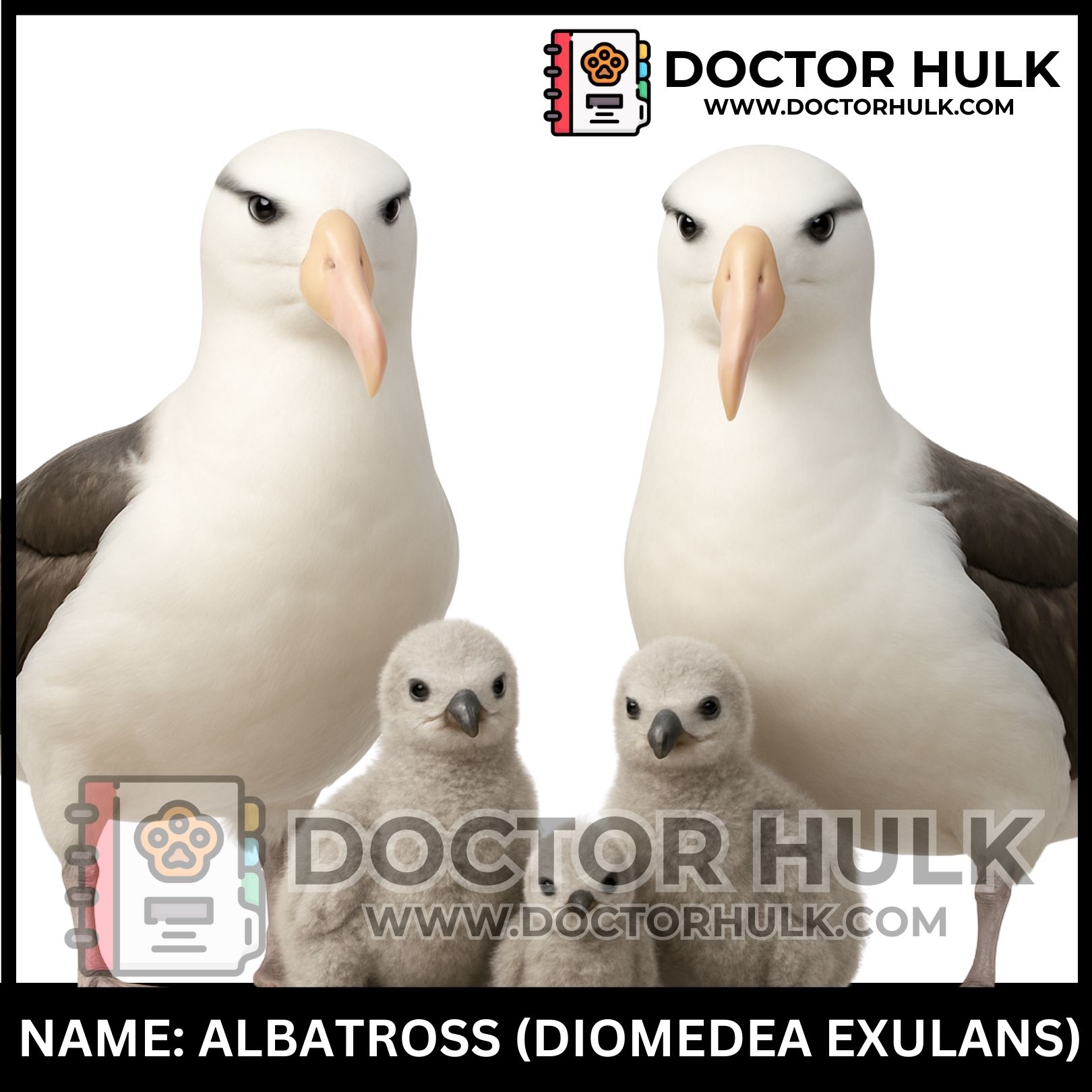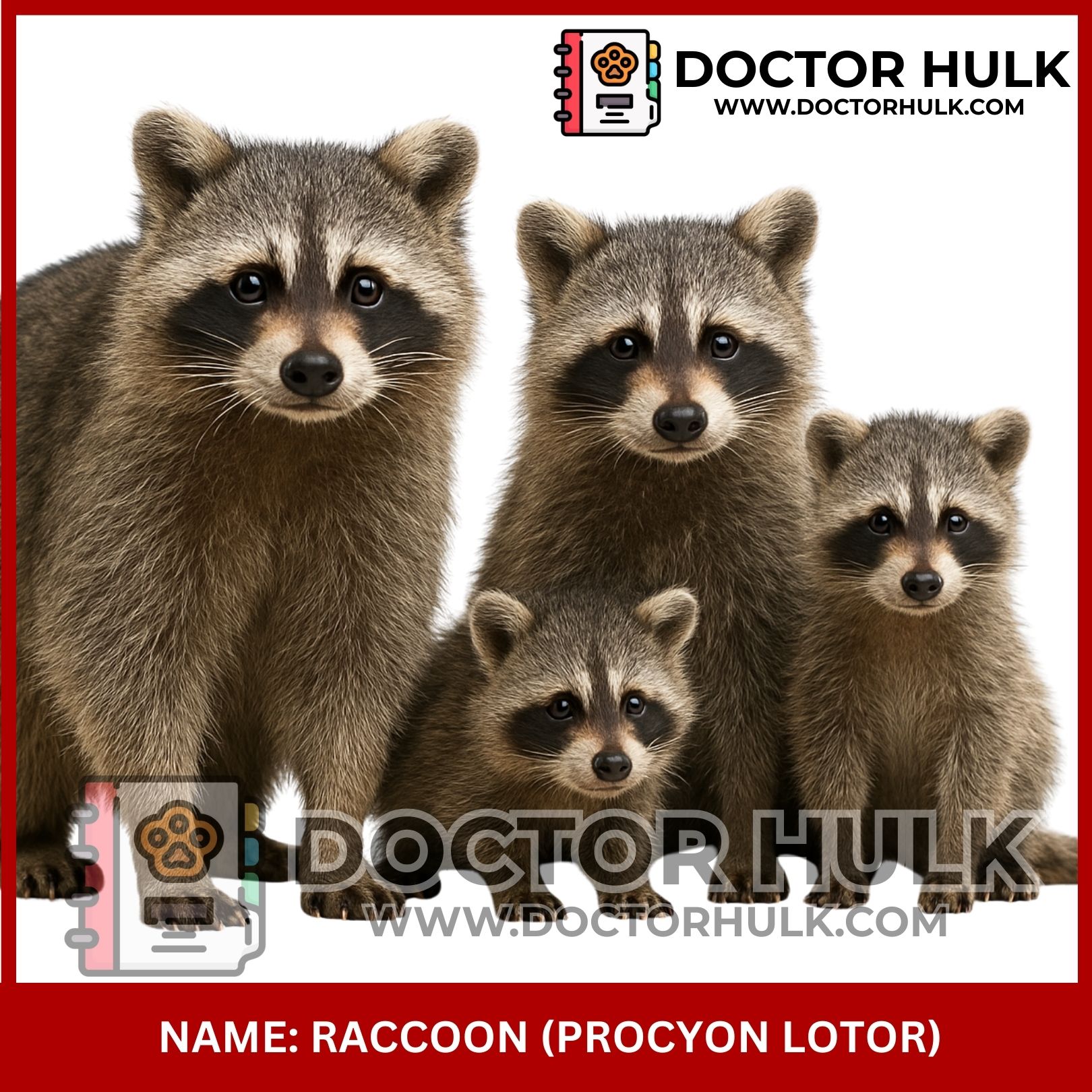Raccoons are smart, curious animals known for their black “mask” around the eyes and their sneaky habits. They are great climbers, clever food finders, and often come out at night.
Scientific Classification
-
Kingdom: Animalia
-
Class: Mammalia
-
Order: Carnivora
-
Family: Procyonidae
-
Scientific Name: Procyon lotor
Common Names
-
Raccoon
-
Coons (slang)
-
Trash Panda (fun nickname online)
 Image showing a cute raccoon with its black eye mask, peeking out of a trash bin (Source: StockCake)
Image showing a cute raccoon with its black eye mask, peeking out of a trash bin (Source: StockCake)
Geographic Distribution
Raccoons are mostly found in North and Central America, but they have also been introduced in parts of Europe and Asia. They live in forests, cities, farms, and even people’s attics or trash bins.
Physical Characteristics
Raccoons are medium-sized mammals with grayish fur, ringed tails, and black patches around their eyes (like a mask). They have five fingers on their front paws, like human hands.
-
Weight: 4–10 kg
-
Length: 60–95 cm including the tail
-
Super smart and crafty.
Behavior & Lifestyle
-
Nocturnal: Raccoons are most active at night.
-
Clever: They learn quickly and remember solutions.
-
Dexterous: They can open jars, latches, and even doors.
-
Dens: Live in trees, burrows, or old buildings.
Diet
Raccoons are omnivores, they eat both plants and animals.
They eat:
-
Fruits and berries
-
Insects, frogs, and small rodents
-
Fish and eggs
-
Garbage scraps and pet food
They wash their food in water sometimes, this is why they’re called “lotor,” meaning “washer” in Latin.
Fun Facts
-
A raccoon can remember how to solve a puzzle for over 3 years.
-
Baby raccoons are called kits.
-
Raccoons can rotate their back feet to climb down trees head-first.
-
Their sense of touch is strongest when their paws are wet.
Importance to Nature & Humans
-
Pest control: Eat insects and rodents.
-
Cultural icon: Featured in cartoons, movies, and memes.
-
City dwellers: They adapt well to human environments.
Caution: They can carry rabies or parasites like roundworms, so avoid touching wild raccoons.
Common Health Concerns
-
Rabies (vaccinate your pets)
-
Canine distemper
-
Parasites (fleas, ticks, roundworms)
-
Injuries from cars or traps
Conservation Status
Raccoons are not endangered. They are very adaptable and their population is growing in many areas. However, habitat destruction and road accidents remain a threat.
While raccoons are wild animals, some people may find abandoned kits and try to raise them. This can be dangerous and illegal in some places. Always call a vet or wildlife expert.
You can contact us at Doctor Hulk Veterinary Hospital for advice on any animal. You can simply call 08143397614.













Reviews
There are no reviews yet.